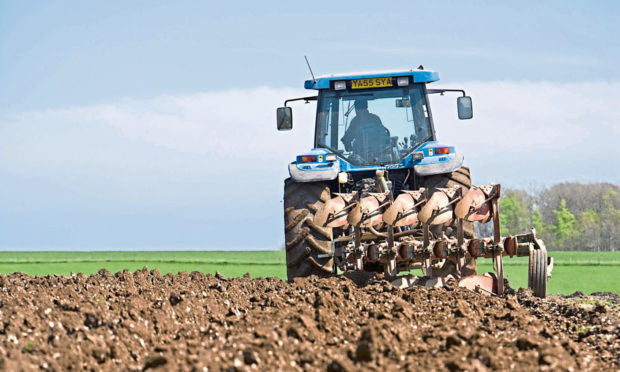Two different ways of supporting the mental health and wellbeing of Scottish farmers and crofters will be explored in a new project.
The study, led by Stirling University and Scotland’s Rural College (SRUC), seeks to gather views on, and determine the acceptability of, two possible interventions to support mental health.
The first is the delivery of emotional and social support, including financial advice, and the second is online psychological therapy which has been specifically developed for the agricultural sector.
The project comes at a time when four-fifths of farmers under 40 consider mental health to be the biggest hidden problem facing the sector, while estimates suggest one agricultural worker per week takes their own life in the UK.
“This project is looking at what types of support farmers and crofters could benefit from, and how this could be adapted to suit them best,” said SRUC behavioural scientist Dr Kate Stephen.
“We’re interested in the wider farming and crofting communities – not just owners but farm workers and family members, whether the farm or croft is large or small.
“We would also like to hear from people from farming and crofting communities who understand what it feels like to struggle.
“We’d like to include people who don’t usually ‘pick up the phone’ to ask for help.”
Prof Margaret Maxwell of Stirling University, said: “We know farmers are more likely to turn to their own communities for support than to health or social work authorities, with many preferring to engage with advice from colleagues such as vets or use anonymous supports such as telephone or online resources.
“However, there is no current knowledge concerning preferences, and acceptability or uptake, of remote interventions and how these can best be signposted to farmers and crofters.”
The study takes place in the Highlands and Shetland. Anyone wanting to take part can go to sruc.ac.uk/farmingminds










